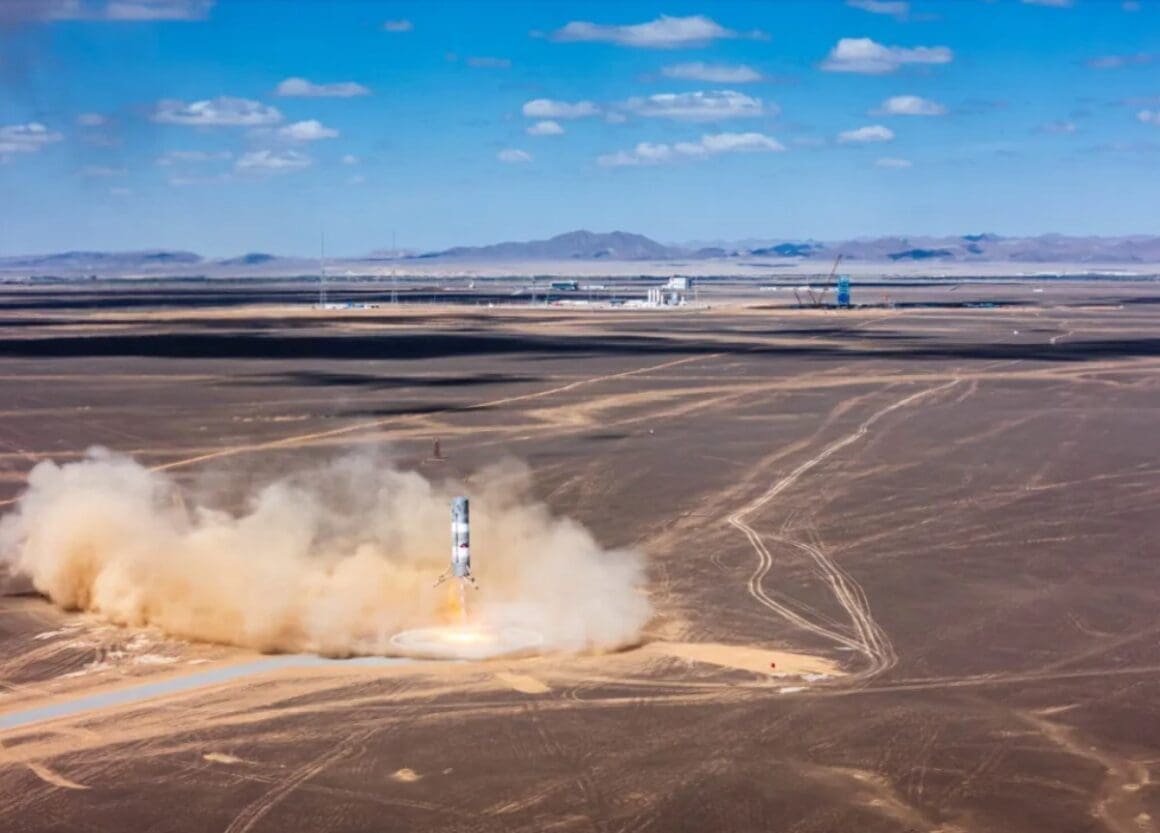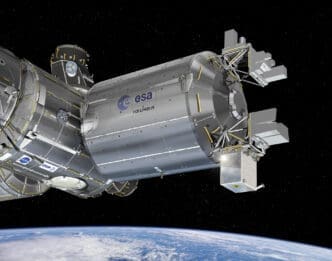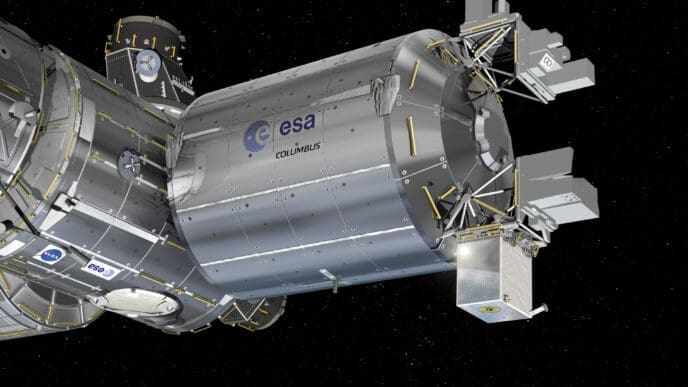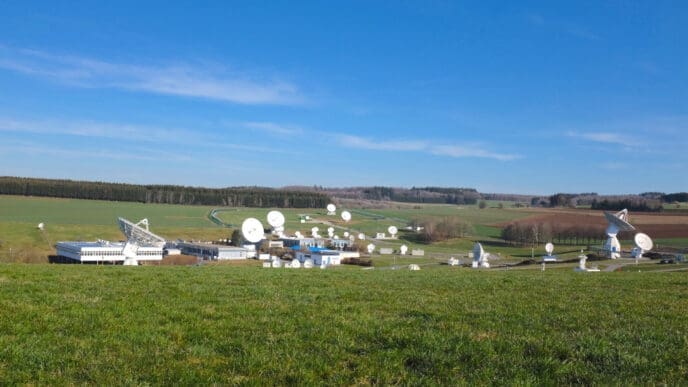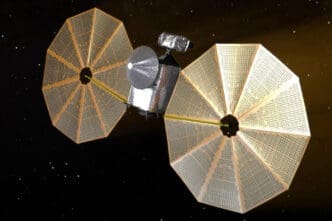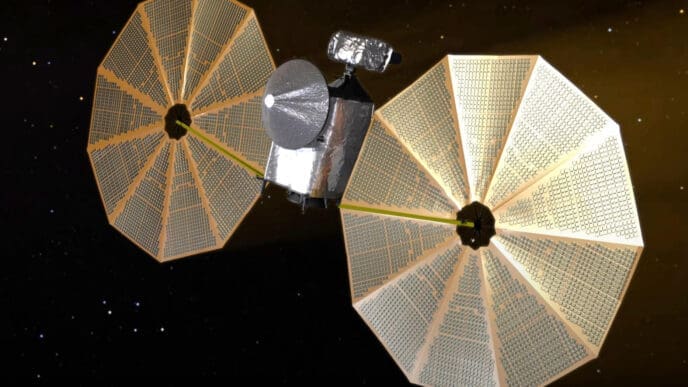In a significant development for China’s space industry, Landspace, a private Chinese launch startup, has secured substantial funding from a state-backed investment initiative to advance its reusable rocket technology.
Landspace has received 900 million yuan, approximately $123 million, from China’s National Manufacturing Transformation and Upgrading Fund. The funding aims to support the development, testing, and production of the company’s Zhuque series of reusable methane-liquid oxygen launch vehicles.
In a recent achievement, Landspace successfully launched its first enhanced Zhuque-2 rocket, which is capable of delivering a 4,000 kg payload to a 500-kilometer sun-synchronous orbit. This follows a successful vertical liftoff and landing test of the larger Zhuque-3 launcher at the Jiuquan spaceport in September. The company targets the first orbital launch of the Zhuque-3 rocket in 2025, with plans for the first recovery and reuse of its first stage by 2026.
[twitter-embed-display twitter_url=’https://twitter.com/AJ_FI/status/1864644357451616419′]
The Zhuque-3, designed for reusability and medium-lift capabilities, is expected to significantly enhance China’s capacity for launching mass to orbit. The two-stage rocket measures 4.5 meters in diameter and 76.6 meters in length. When launched as an expendable, it can carry a payload of 21,000 kg to low Earth orbit (LEO). With the first stage recovery downrange, it can handle up to 18,300 kg, or 12,500 kg if returning to the launch site.
This advancement places Landspace in direct competition with China’s current leading rocket for LEO launches, the Long March 5B, which is an expendable model.
The investment from the National Manufacturing Transformation and Upgrading Fund is a part of China’s broader strategy to support its burgeoning commercial space sector. Established in 2019 with a registered capital of 147.2 billion yuan, the fund invests in strategic sectors such as new materials and next-generation information technology.
Landspace’s recent financial boost is part of a larger trend, with other Chinese launch startups like Space Pioneer and Orienspace also raising significant funds this year. Since China’s central government opened parts of the space sector to private investment in 2014, companies like Landspace have been at the forefront of innovation.
Additionally, Landspace announced plans to begin cargo missions to the Tiangong space station starting in 2026, following selection by China’s human spaceflight agency, CMSEO, to develop low-cost commercial cargo solutions.
The recent state-backed funding marks a crucial step for Landspace’s aspirations in reusable rocket technology and signifies China’s growing support for its commercial space ambitions. As Landspace continues to innovate, its developments are poised to play a significant role in the nation’s aerospace advancements, further bolstering China’s presence in the global space industry.


